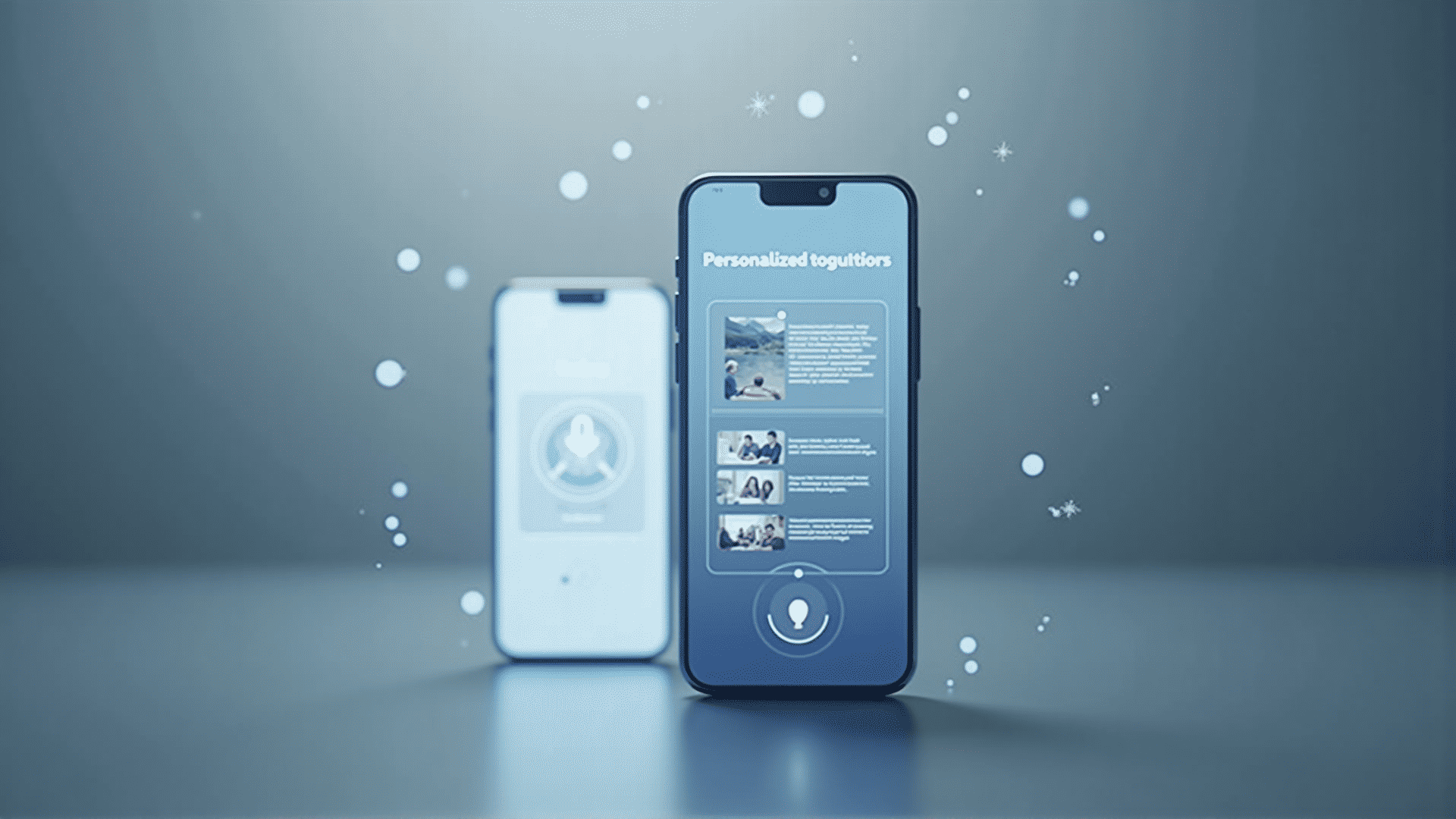In recent years, the integration of artificial intelligence (AI) into mobile applications has fundamentally transformed how users interact with their devices. As technology rapidly evolves, AI's impact on user experience continues to expand, offering unprecedented personalization, efficiency, and accessibility. This advancement not only enhances current app functionalities but also sets the stage for the future landscape of mobile application development.
One of the most notable contributions of AI to app user experience is the ability to provide personalized recommendations. By analyzing user behavior, preferences, and interaction history, AI algorithms can suggest content, products, or services that align closely with individual interests. This level of personalization fosters a more engaging user experience, retaining user interest and promoting longer app engagement. Streaming platforms, e-commerce applications, and social media networks are leading examples of industries leveraging AI to curate content specifically tailored to user tastes.
Voice assistants, another AI-driven innovation, have revolutionized how users interact with applications. By offering hands-free control and the ability to perform tasks using natural language commands, voice assistants like Siri, Google Assistant, and Alexa have made apps more accessible and user-friendly. This technology is particularly beneficial for users who prefer or require alternative input methods due to accessibility reasons, thereby broadening the user base for many applications.
AI is also enhancing app efficiency through predictive analysis and automation. For instance, AI-powered chatbots provide users with instant customer support, handling an array of queries without the need for human intervention. This not only speeds up response times but also enables businesses to allocate human resources more effectively. Similarly, predictive analytics help apps anticipate user needs and optimize background processes, ensuring a smoother user experience.
Moreover, AI has introduced an element of continuous learning and improvement to app functionality. By leveraging machine learning algorithms, apps can adapt and evolve over time, learning from user interactions to improve their accuracy and effectiveness. This continuous improvement cycle ensures that apps not only meet current user demands but also anticipate future needs.
Despite the remarkable benefits, the incorporation of AI into apps also raises various ethical and privacy concerns. The extensive data collection necessary for AI to function effectively prompts discussions about user consent, data security, and privacy protection. Consequently, it is vital for developers to implement robust security measures and transparent data handling policies to maintain user trust.
Looking ahead, the future of AI in app development promises even more transformative possibilities. Augmented reality (AR) and AI are converging to create immersive user experiences, where apps can overlay digital information onto the physical world, enriching everyday interactions. Furthermore, advancements in natural language processing and understanding will refine voice assistants, making them more intuitive and context-aware.
AI's impact on app user experiences is profound and far-reaching. It offers a glimpse into a future where apps not only meet user expectations but exceed them, creating intuitive, personalized, and efficient interactions. As developers continue to explore AI's potential, the boundary between technology and human experience will likely blur further, paving the way for a new era of innovation in mobile applications.
